Art Psychological Creative Behavior Off Who Can Be An Artist
Can Anyone Be an Artist or Is It Just for Creatives?
The Psychology of Art
The world of art has long been shrouded in mystique. Many people believe that artistic talent is an innate gift that only a select few possess. But is this really the case? Can anyone truly become an artist, or is it a realm reserved for those who are naturally creative?
Understanding Creativity
The Nature of Creativity
Creativity is a weird and wonderful thing but often it is seen as a mysterious and self quality. Psychologists define creativity as the ability to generate novel and valuable ideas. It involves divergent thinking, which is the capacity to think in non-linear, unconventional ways.
Is Creativity Inborn or Developed?
While some people may have a natural predisposition towards creative thinking, research shows that creativity can also be cultivated. Environmental factors, such as exposure to diverse experiences and a supportive atmosphere, play a significant role in fostering creativity.
The Artistic Mindset
Growth Mindset vs. Fixed Mindset
Stanford psychologist Carol Dweck’s research on mindsets provides valuable insights into the world of art. Individuals with a growth mindset believe that abilities, including artistic talent, can be developed through effort and practice. In contrast, those with a fixed mindset view artistic talent as a fixed trait that one either possesses or does not.
Embracing Failure and Experimentation
Artists often need to be comfortable with failure and experimentation. The process of creating art involves trial and error, and those who succeed are typically those who are not afraid to take risks and learn from their mistakes.
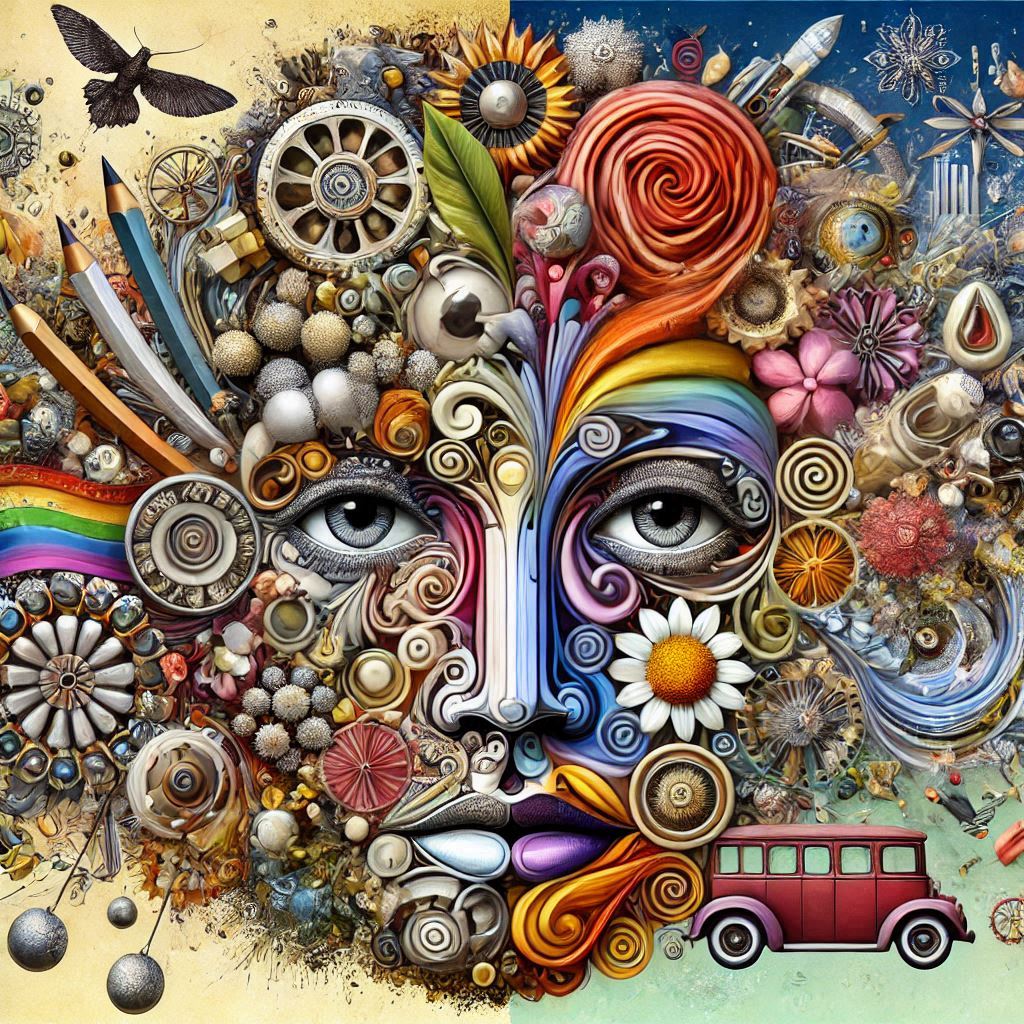
Skills and Techniques
Learning the Fundamentals
Art is not just about innate talent; it also involves acquiring specific skills and techniques. Drawing, painting, sculpting, and other art forms require practice and dedication. Many successful artists spend years honing their craft.
The Role of Practice
Malcolm Gladwell’s “10,000-hour rule” suggests that achieving mastery in any field, including art, requires extensive practice. While the exact number of hours may vary, the principle remains the same, consistent and deliberate practice is crucial for artistic development.
The Influence of Culture and Society
Cultural Perceptions of Art
Cultural attitudes towards art can significantly impact an individual’s engagement with it. In societies where art is highly valued and supported, individuals are more likely to pursue and develop their artistic abilities.
Accessibility and Inclusivity
Making art accessible to all, regardless of socio-economic background, is essential for fostering a diverse and vibrant artistic community. Community art programs, public art spaces, and inclusive educational initiatives play a crucial role in this regard.
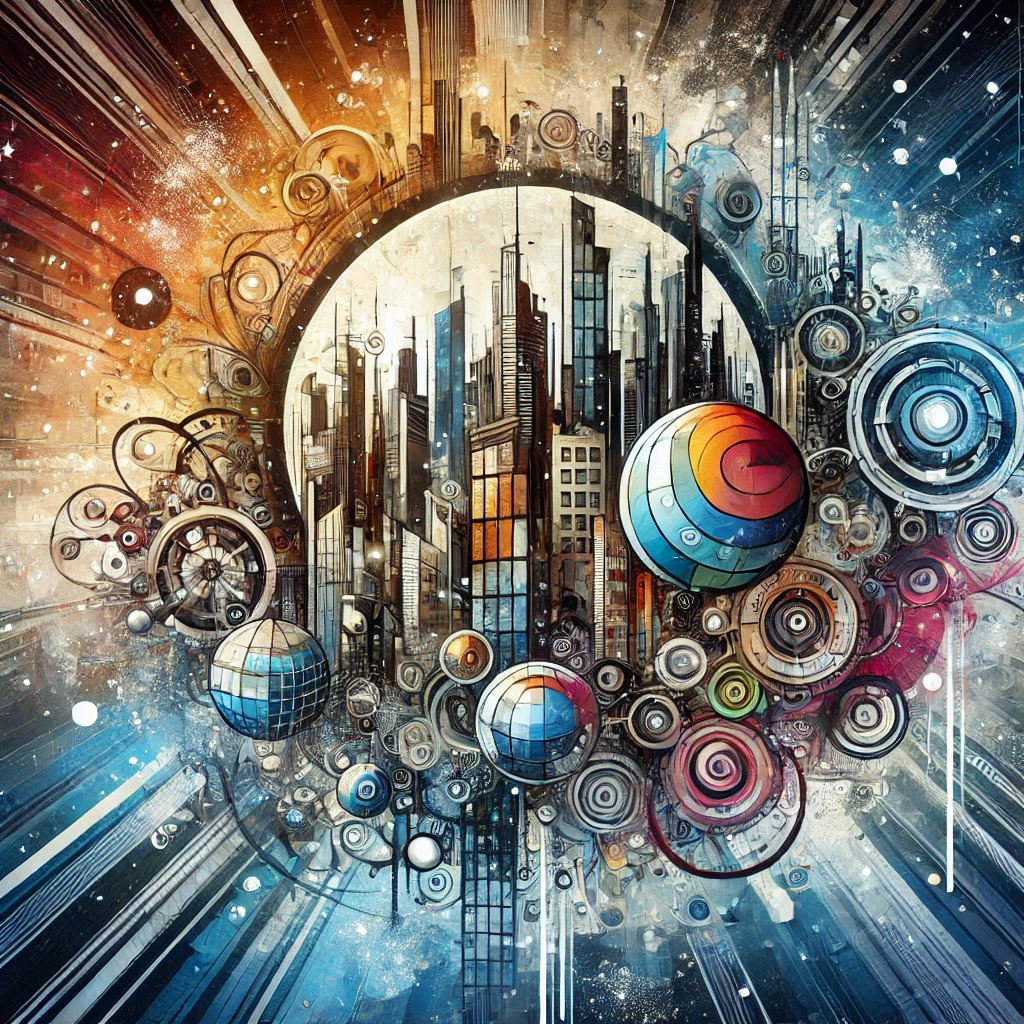
The Role of Emotion in Art
Emotional Expression
Art is a powerful medium for expressing emotions. Whether it’s joy, sorrow, anger, or love, artists channel their feelings into their work, creating pieces that resonate with viewers on a deep, emotional level.
The Therapeutic Benefits of Art
Engaging in artistic activities can have therapeutic benefits. Art therapy is a field that leverages creative expression to improve mental health and well-being. It provides individuals with a non-verbal outlet for processing emotions and experiences.
The Influence of Technology on Art
Digital Art and New Mediums
Technology has revolutionized the art world, introducing new mediums such as digital painting, graphic design, and 3D modeling. These tools have made art creation more accessible to people who may not have traditional artistic skills.
The Impact of Social Media
Social media platforms have transformed how artists share their work and connect with audiences. Artists can now reach a global audience, receive instant feedback, and engage with a community of like-minded individuals.

The Science of Creativity
The Neuroscience of Art
Neuroscientific research has revealed fascinating insights into how the brain processes creativity and artistic activities. Studies show that creating art activates multiple areas of the brain, enhancing cognitive functions and fostering creative thinking.
Flow State and Artistic Performance
The concept of “flow,” coined by psychologist Mihaly Csikszentmihalyi, describes a state of complete immersion and focus in an activity. Artists often experience flow while creating, leading to heightened creativity and productivity.
Art Education and Skill Development
The Importance of Art Education
Art education plays a crucial role in developing creative skills and fostering a love for the arts. Schools and institutions that prioritize art education provide students with the tools and opportunities to explore their creative potential.
Lifelong Learning in Art
Artistic skills can be developed at any age. Lifelong learning opportunities, such as workshops, online courses, and community classes, allow individuals to continue growing and evolving as artists throughout their lives.
Art and Identity
Personal Identity and Self-Expression
Art allows individuals to explore and express their personal identities. Through their work, artists can communicate their unique perspectives, experiences, and cultural backgrounds.
The Role of Art in Social Change
Art has historically been a powerful tool for social change. Artists use their work to challenge societal norms, raise awareness about important issues, and inspire collective action.
Conclusion
The question of whether anyone can become an artist or if it is a domain reserved for the inherently creative is complex. While natural talent can give some individuals a head start, creativity and artistic skills can be developed through effort, practice, and a supportive environment. Ultimately, art is a deeply personal and subjective experience, and its beauty lies in the unique perspectives and expressions of each individual.
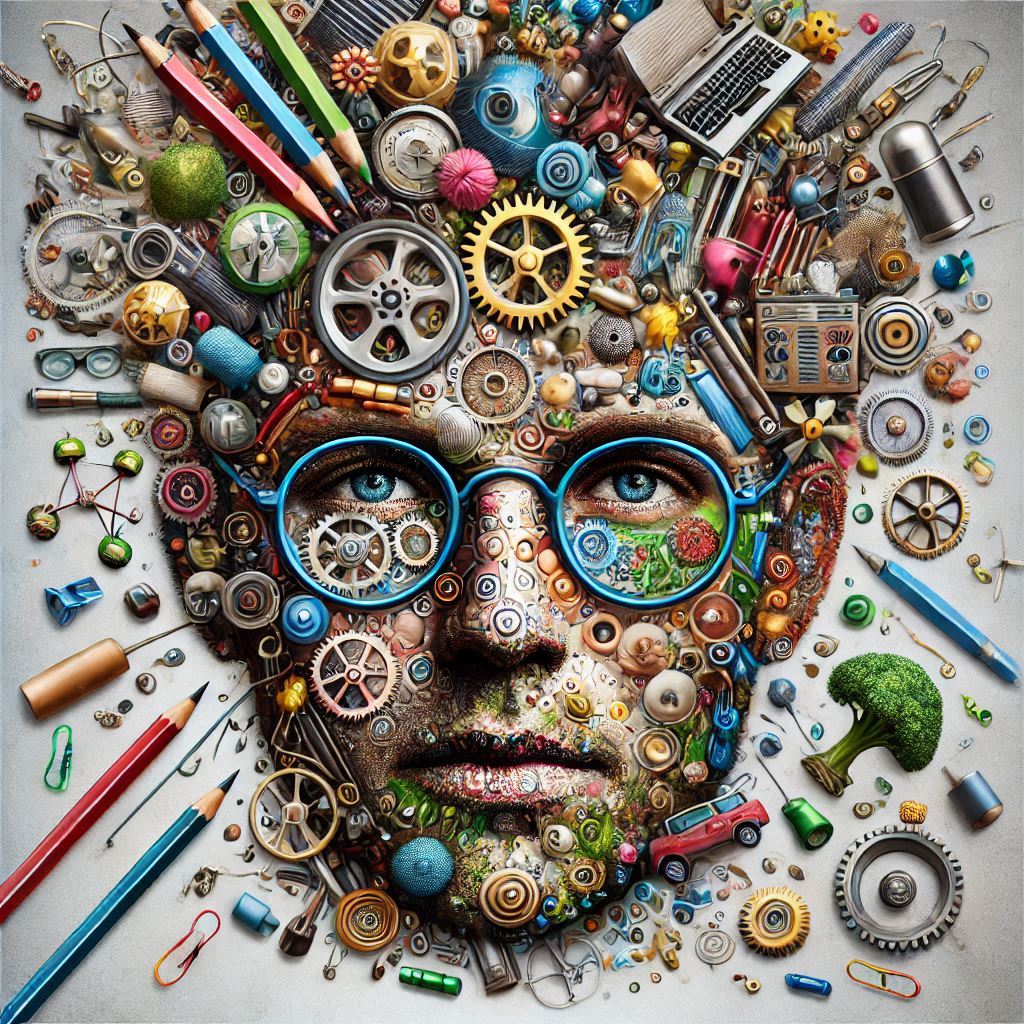
Join the Discussion
We Want to Hear from You!
Art is a deeply personal and diverse field that resonates differently with each individual. Do you believe that anyone can become an artist, or do you think it’s a talent reserved for the inherently creative? Have you discovered your own artistic abilities through practice and dedication?

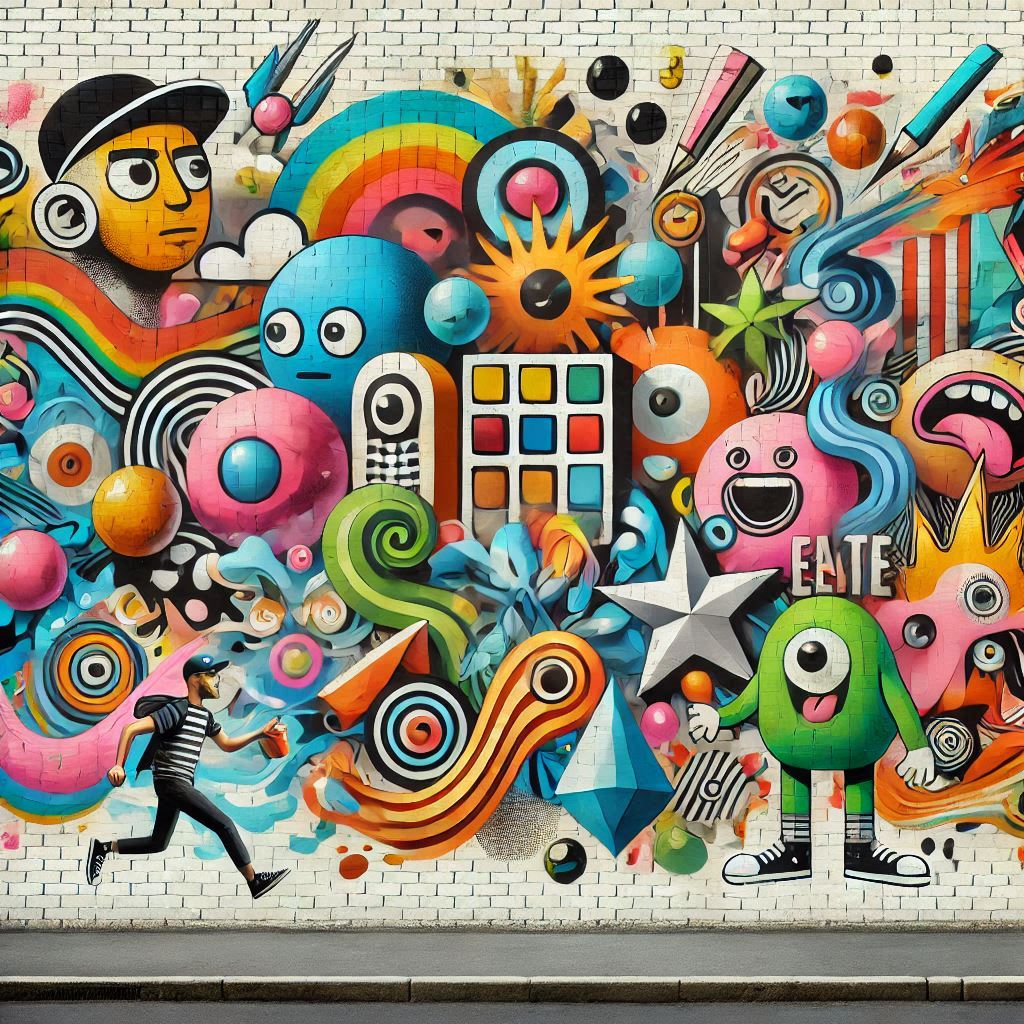

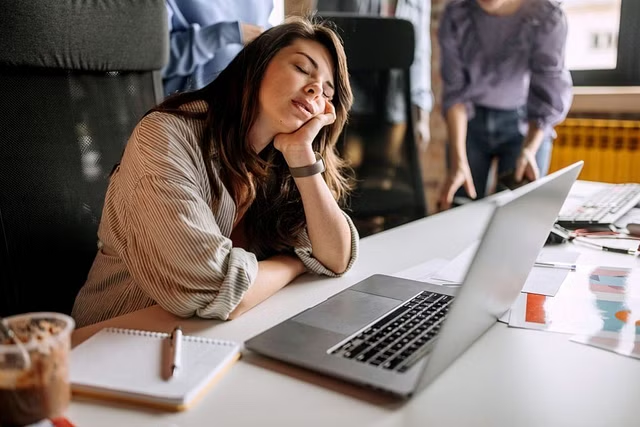
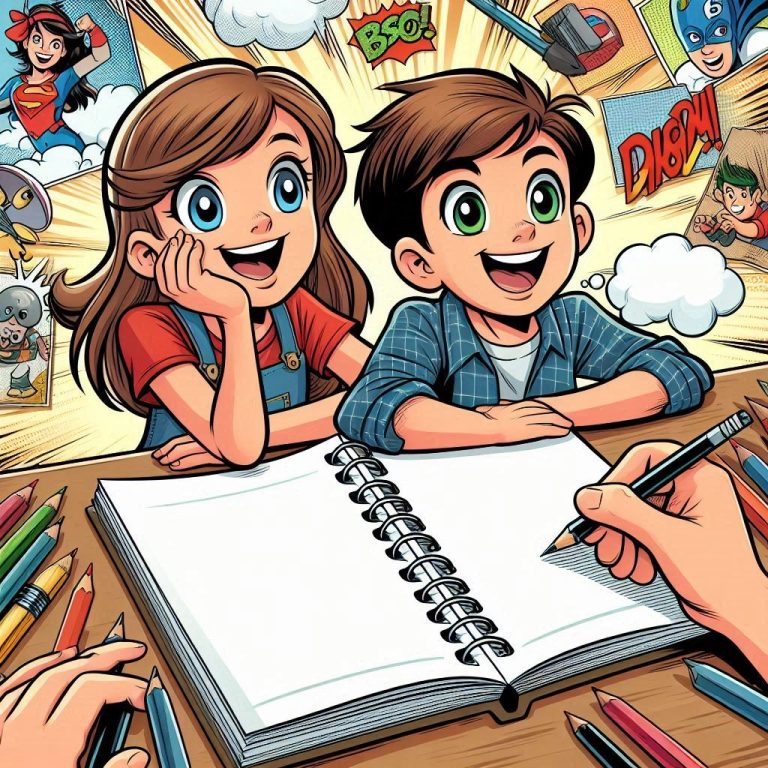
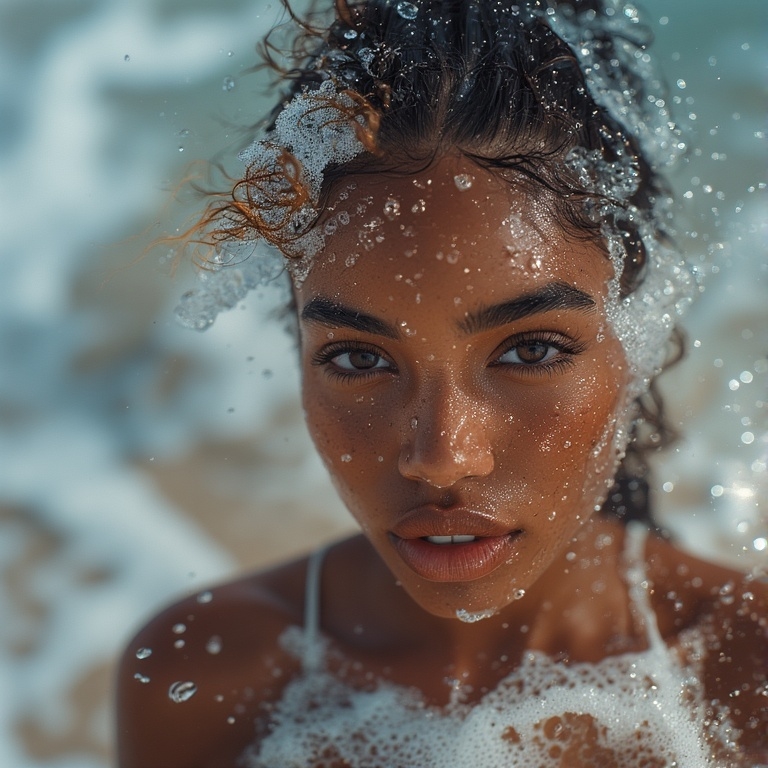
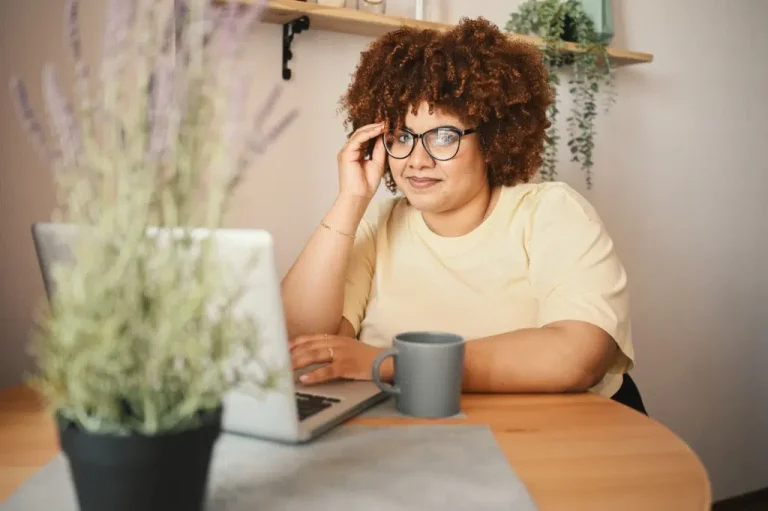
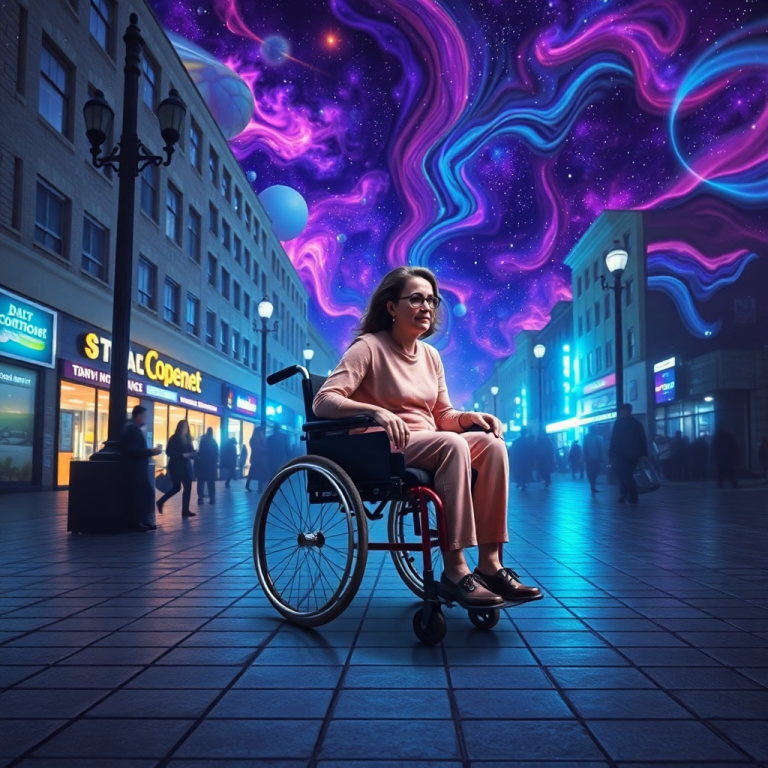
I’m really inspired along with your writing skills and also with the
format for your blog. Is this a paid subject or did you customize it your self?
Either way keep up the nice quality writing, it’s uncommon to see a nice blog
like this one nowadays. TikTok ManyChat!